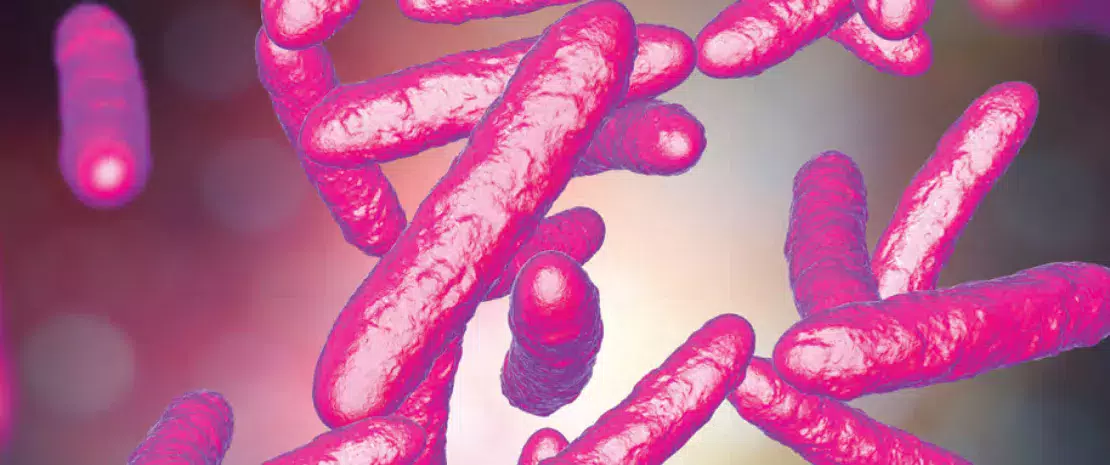Vaginal microbiota #10
By Pr. Markku Voutilainen
Turku University Faculty of Medicine; Turku University Hospital, Department of Gastroenterology, Turku, Finland
Lay public section
Find here your dedicated section
Sources
This article is based on scientific information
Sections

About this article
Author
Vaginal microbiome may predict the severity of endometriosis
Could gut and vaginal microbiomes predict the stage of endometriosis? According to this study, no differences were detected between samples from patients and healthy control subjects for follicular and menstrual phases of the menstrual cycle. At an individual level, the distribution of community state types differed significantly between the two menstrual phases. Among patients, Operational Taxonomic Units (OTU) of genus Anaerococcus (notably A. lactolyticus and A. degenerii) significantly differed between disease stages 1-2 and stages 3-4 (rASRN - revised American Society for Reproductive Medicine - classification). Authors conclude that vaginal microbiota may predict the stage of the disease
Vaginal microbiota and cervical cancer
Vaginal dysbiosis may be linked to the development, progression and stability of cervical cancer (CC), but it is unclear whether the relationship between the two is causal or correlative. To find out if cervicovaginal bacteria also have an anticancer effect, the use of microorganisms in the treatment of cancer (especially CC) was discussed in this article: probiotics, bacteria-based immunotherapy, bacterial toxins and spores, vectors in gene therapy, and inhibitors of tumor angiogenesis. Some bacteria inhibit CC by activating NK cells and dendritic cell maturation. Other mechanisms are production of cytotoxic compounds, regulating immune cell differentiation, and inhibiting cancer cell migration. In conclusion, genetically engineered bacteria may be an effective treatment for CC in the future. Larger sample size studies are needed to assess this option.









